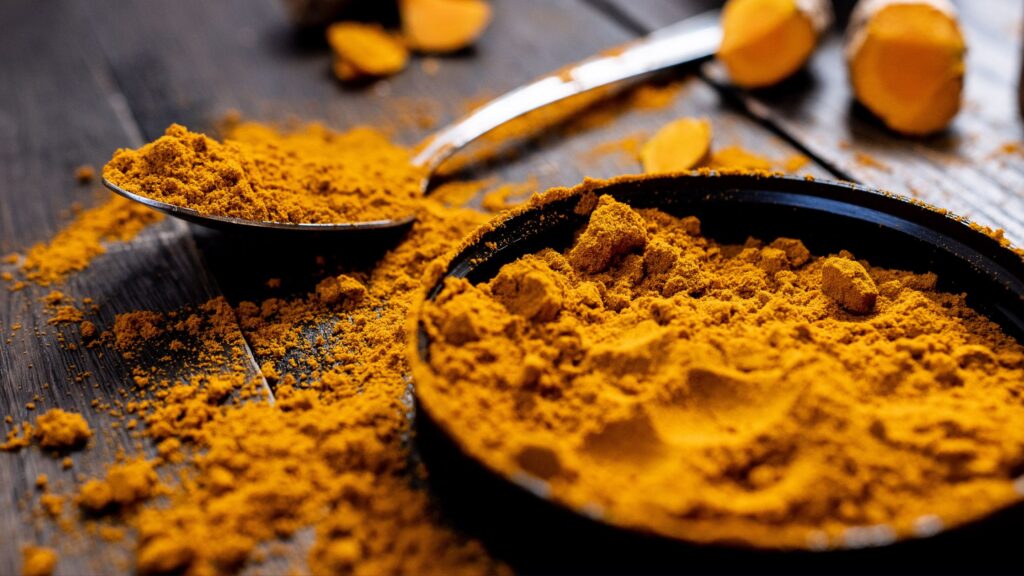Back pain is a common complaint that many people struggle with at some point in their lives. Whether it’s a sudden injury or years of wear and tear, pain and inflammation in the back can make basic movements difficult. While over-the-counter or prescription medications may provide temporary relief, they often only treat the symptoms and not the underlying cause. Natural remedies, on the other hand, tend to be gentle on the body while also addressing what’s causing the discomfort. Here are a dozen natural remedies worth trying for back pain and inflammation.
Heat Therapy for Back Pain Relief

Applying heat to sore or tense muscles can help relax them and increase blood flow to the affected area. A heating pad on the lowest setting or a warm bath are great options. You can also use a hot water bottle, heated rice sock, or warm washcloth. The warmth from heat therapy helps reduce muscle spasms and pain.
Cold Therapy for Reducing Inflammation

On the other hand, using cold therapy with an ice pack wrapped in a towel may help constrict blood vessels and decrease inflammation. Alternating between applying heat and then cold can provide relief. Whatever you use, be careful not to apply anything frozen directly to the skin to avoid injury.
Massage for Back Pain Management
Getting a massage is incredibly beneficial for back discomfort. A licensed massage therapist can target tight or knotted muscles to improve flexibility and range of motion. You don’t necessarily need to go to a spa regularly. Basic self-massage techniques using a foam roller or tennis ball against the wall can have similar soothing effects.
Stretching and Exercise for Back Health
Strengthening your core and back muscles through simple stretches and low-impact exercises is vital for supporting your spine. Yoga and Pilates are two gentle workout routines that are especially helpful. Even basic movements like shoulder rolls and side bends done daily can make a positive difference. Range-of-motion exercises keep tissues supple to help ward off future pain.
Essential Oils for Natural Pain Relief
Certain essential oils that are gently applied topically to the skin over the painful area may provide anti-inflammatory benefits. Some options to consider include peppermint, eucalyptus, ginger, lavender, and rosemary oils. Always dilute them with a carrier oil like coconut or olive oil before use. Inhaling the aromatic compounds through massage or a diffuser may aid relaxation as well.
Turmeric: A Natural Anti-Inflammatory

As one of the most well-researched anti-inflammatory herbs, turmeric holds promise for easing back discomfort too. Try mixing 1/4 to 1/2 teaspoon of ground turmeric into warm milk or adding it to curries and stews for a daily dose. You can also locate golden milk recipes online that combine turmeric with coconut milk or black pepper for optimal absorption.
Ginger for Back Pain and Inflammation
Gingerol, the zesty compound in ginger root, has analgesic and antioxidant activity that may help relieve back spasms and muscle pain associated with injury. Brewing ginger into a fragrant tea is easy and requires no other ingredients. You could also chop or grate fresh ginger over foods like stir-fries or rice dishes for an anti-inflammatory enhancement. Capsules filled with concentrated ginger extract offer convenience too.
Omega-3 Fatty Acids for Reducing Inflammation
Foods high in omega-3s like salmon, walnuts, flaxseeds, and chia seeds are beneficial for reducing joint inflammation systemically over time. Salmon in particular is a great choice that also contains muscle-relaxing vitamin D. Supplements using concentrated fish oil provide an easy source. Look for those supplying at least 1000 mg each of EPA and DHA for maximum benefits.
Glucosamine and Chondroitin for Back Pain Relief
These common joint supplements aid cartilage building. They may work to soften stiff joints and reduce discomfort in the back as well. Some research associates glucosamine and chondroitin supplementation with positive impacts on back pain specifically. As with any supplement, check with your doctor before beginning use, especially if you have any drug interactions or medical issues.
Herbal Tinctures and Capsules for Back Pain Management
Several concentrated herbal extracts and combination formulas exist for complementary use, too. Examples include boswellia, curcumin with bromelain, devil’s claw, ginger with turmeric, and arnica. Individual components within them target inflammation from different angles. Look for reputable brands and follow dosage instructions closely. As always, consult your doctor or herbalist before starting any new natural remedy.
Conclusion:
Incorporating one or more of these tried-and-true natural remedies into your self-care routine could help manage back pain over the long run without side effects. To prevent future flare-ups, it’s also wise to maintain a healthy lifestyle emphasizing exercise, stress relief, good posture, and preventing injury. With proper dietary habits and exercise and natural remedies, you may find much-needed relief from back discomfort over time through a holistic, lifestyle-focused approach.




